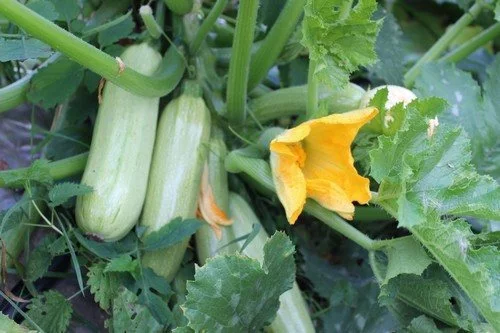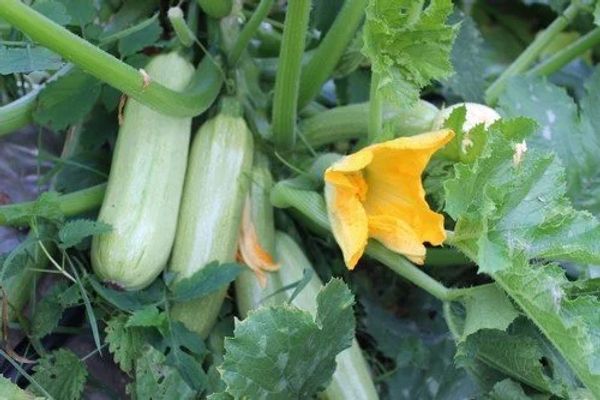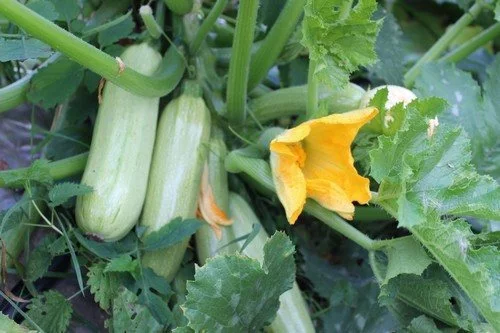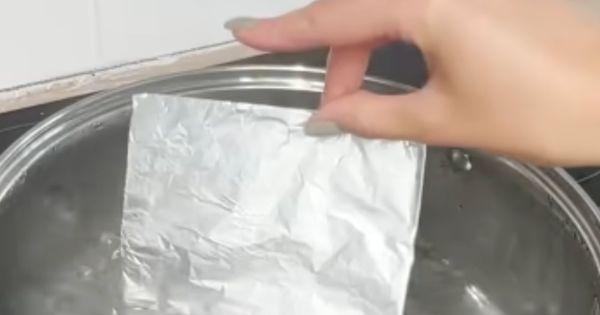
Zucchini cultivation is a popular practice in summer cottages across Russia. This nutrient-rich vegetable provides essential minerals and is loved for its dietary benefits. If you want a bountiful zucchini harvest, it’s important to enrich the soil with key minerals like phosphorus, potassium, calcium, magnesium, and nitrogen. While you can buy fertilizers from stores, using traditional homemade methods can be both cost-effective and safer for your produce, as it reduces the use of harmful chemicals and nitrates.
Here are some tried and tested homemade fertilizer recipes that gardeners swear by:
-
Manure: Manure is a timeless fertilizer that can be applied either in the fall or spring before planting zucchini. Well-dried or slightly dried manure from animals like cows, horses, pigs, or goats works best. You can also use it as mulch on the soil. If you’re applying it during the flowering stage, make sure to dilute fresh manure with water. This includes droppings from chickens, ducks, or geese, which enrich the soil with essential nutrients for healthy leaf growth and fruitful harvests.
-
Iodine Solution: Iodine is great for enhancing the growth and quality of young zucchini leaves, as well as supporting robust flowering. To make this fertilizer, mix 40 drops of iodine in a 10-liter bucket of water. Apply this solution a couple of weeks after planting and during the flowering phase to boost your plant’s health and productivity.
-
Wood Ash: Wood ash is an excellent source of potassium and can increase your zucchini yield by more than 50%. Mix 30 grams of wood ash into a 10-liter bucket of water and water the plants at the fruiting stage, focusing on the base of the plant while avoiding the leaves and fruit. You can also apply dry ash, but make sure the soil is moist beforehand to ensure effective nutrient absorption by the roots.
-
Yeast: A yeast solution can greatly accelerate stem growth and improve mineral uptake in the soil. To make this solution, dissolve 35 grams of yeast and a cup of sugar in 3 liters of warm water. Let it ferment for 5 hours in a sunny spot. Dilute this mixture in a 10-liter bucket of water and generously water your zucchini plants with it.
These natural and cost-effective feeding techniques not only support the growth of healthier plants but they also contribute to a more sustainable approach to gardening. Give them a try, and enjoy a bountiful zucchini harvest!






